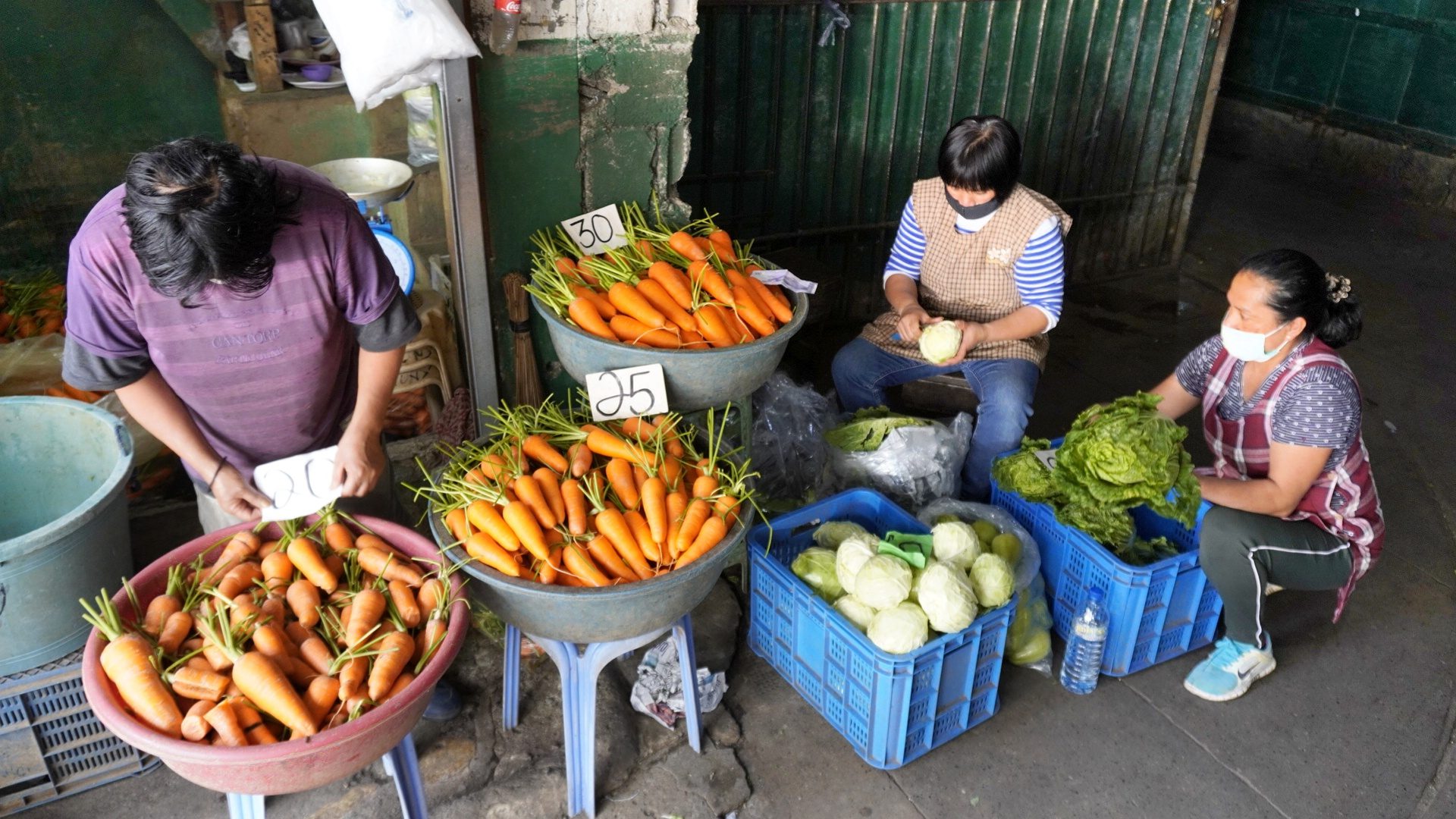SUMMARY
This is AI generated summarization, which may have errors. For context, always refer to the full article.

MANILA, Philippines – As the world celebrates Earth Day (right smack in the middle of a pandemic), we’ve decided to compile a list of things you can do to still practice a sustainable lifestyle even under lockdown.
Use gloves and face masks properly. Surgical face masks are meant to be disposed after use to avoid contamination. Since surgical face masks are hard to come by, cloth masks will do when you’re in a pinch (especially since in the Philippines, some areas require people to wear face masks when out in public for essential activities). There are various videos online for instructions on how to make you own face masks. Make sure to wash and disinfect them after use to prevent the spread of droplets and bacteria. If you must wear gloves, know that you should still continue to disinfect them when you touch a potentially contaminated surface (to avoid cross-contamination) and that you need to properly dispose of them after use. You should not reuse these gloves.
Source food from local farmers. A lot of farmers are affected by the pandemic and the subsequent lockdowns – mostly because of restrictions in movement and the general slowdown of public life. A number of organizations have been helping farmers sell their vegetables. You can check out Kadiwa on Wheels for their schedule or check your local community if they’ve set up a bulk buying system that sources directly from farmers.
Plant your own vegetables, fruits, and herbs. Another way to be sustainable is to plant and grow your own food. Buy seeds from reputable sellers or, if you have the means, visit the Department of Agriculture – Bureau of Plant Industry office, which give out seeds for free. You can plant them in pots you may already have lying around or you can upcycle and reuse existing containers. That way, you save money, help the environment, and get the satisfaction of harvesting your own crops.
You should also check with your own local goverment unit and the local DA office to see if you can get free seeds or seedlings from them.
Make your own disinfectants, cleansers, and shampoos. If you are sensitive to ingredients in your beauty and cosmetic products or home disinfectants, try to make your own. There are a number of videos online that’ll teach you how to make environmental-friendly shampoos, cleansers, and house sprays. If you’re not comfortable making your own, check out companies that offer eco-friendly options you can try such as ZenNutrients, Human Nature, Healthy Options, Messy Bessy, and Kalikhasan.
Just make sure to note that your disinfectants should contain alcohol to properly kill off viruses and that nothing beats good old soap and water when cleaning your hands and person.
Cook your own food. Since we’re all supposed to stay at home anyway, now is the time to learn new tricks in the kitchen. Cooking your own meals mean you know what’s in it, you’re sure nothing bad is in it, and you’re more conscious of where your ingredients are from. Here are some easy recipes you can try out. If you have leftovers, you can always save it for later or share it with a close friend (sans physical contact, of course). (WATCH: Making the most out of pantry basics)
– Alexa Villano/Rappler.com
Add a comment
How does this make you feel?
There are no comments yet. Add your comment to start the conversation.